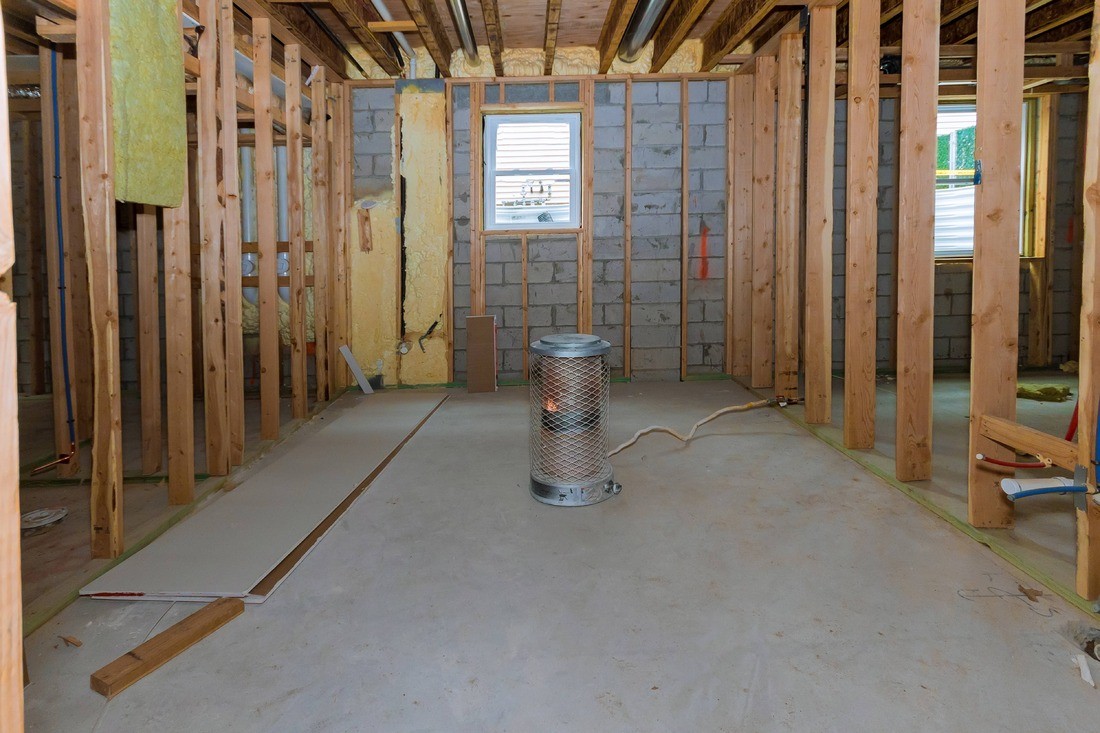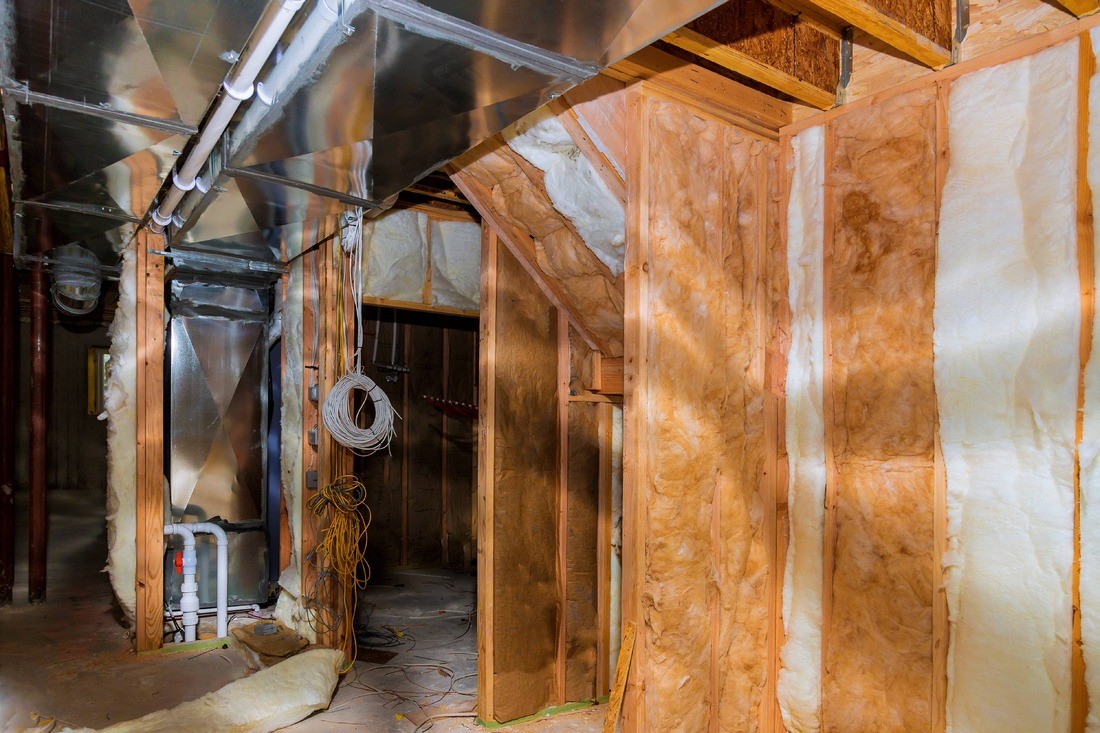
Introduction
Basement flooding can be a nightmare for homeowners. It not only damages property but also poses potential health risks. That’s why it is crucial to have emergency plans in place to prevent and mitigate basement flooding. In this article, we will discuss various strategies and tips to help you create effective emergency plans for basement flooding.
Understanding the Causes of Basement Flooding

Basement flooding can often be attributed to various factors, including:
- Inadequate drainage around your basement walls
- Heavy storms and excessive rain
- Faulty sump pump
- Appliance failure
It is essential to identify the root cause of the flooding to address the issue effectively. For example, dirt and debris often get caught in drainage systems, preventing water from draining out. Regular maintenance and cleaning of these drains can help prevent basement flooding.
Emergency Preparation Tips for Basement Flooding
When it comes to basement flooding, proactive measures can save you time, money, and hassle. Here are some essential tips to include in your emergency plans:

1. Install a Quality Sump Pump
A sump pump is a crucial tool for preventing basement flooding. It helps remove excess water from your basement and redirects it to a drainage system. Ensure that you invest in a high-quality sump pump and regularly test and maintain it to ensure optimal performance.
2. Seal Basement Cracks
Water can seep into your basement through cracks in the walls or foundation. Regularly inspect your basement for any signs of cracks or gaps and seal them effectively. This will help prevent water intrusion during heavy storms and rainfall.
3. Maintain Proper Grading Around Your Home
The grading of your yard plays a significant role in preventing water from flowing towards your home’s foundation. Ensure that the ground slopes away from your house to encourage proper water drainage. You may need to hire landscaping professionals to regrade your yard if necessary.
4. Install Window Well Covers
If your basement windows are at or below ground level, consider installing window well covers. These covers create a barrier that prevents water from entering through the windows during heavy rains or flooding.
5. Create a Basement Emergency Supply Kit
Prepare an emergency supply kit containing essential items such as a flashlight, extra batteries, a portable radio, non-perishable food, bottled water, and first aid supplies. Store this kit in an easily accessible location in your basement to ensure you have the necessary resources in case of flooding.
6. Regularly Clean and Maintain Gutters and Downspouts
Clogged gutters and downspouts can lead to water overflow, potentially causing basement flooding. Make sure to clean your gutters regularly and redirect downspouts away from your foundation to prevent water pooling near your basement walls.
7. Install a Battery Backup System
In case of power outages during heavy storms, your sump pump may not function, leaving your basement vulnerable to flooding. Installing a battery backup system ensures that your sump pump continues to operate even during power failures.
8. Consider Waterproofing Options
If your basement is prone to flooding, it may be worth considering professional waterproofing options. This can include installing interior or exterior drainage systems, applying waterproof coatings to walls and floors, and sealing foundation cracks. Consult with a qualified contractor to determine the best waterproofing solution for your basement.
What to Do During a Basement Flood
Despite taking preventive measures, a basement flood can still occur. It is essential to know what to do in such situations to protect your property and ensure personal safety:
1. Ensure Safety
The first step during a basement flood is to ensure your safety. If water levels are high or there is a risk of electrical hazards, do not attempt to enter the basement. Contact a professional water damage restoration company like JGW Group Water Damage Restoration Deerfield Beach at 754-294-5717 for immediate assistance.
2. Turn Off Utilities
If it is safe to do so, turn off electrical power, gas supply, and water mains to prevent further damage or accidents. Avoid touching electrical appliances or outlets if you are standing in water or on a wet surface.
3. Document the Damage
Take photographs or videos of the flood damage for insurance purposes. This documentation will help support your claim during the claims process.
4. Remove Water and Dry Out the Basement
Once it is safe to enter the basement, start removing water using pumps, wet/dry vacuums, or buckets. Open windows and use fans or dehumidifiers to accelerate the drying process. However, if the flooding is extensive, it is best to leave the water removal and drying process to professionals to prevent further damage and mold growth.
5. Dispose of Damaged Items Properly
Dispose of any damaged items that cannot be salvaged safely. This includes furniture, carpets, appliances, and personal belongings that have been heavily affected by water damage.
6. Contact a Professional Water Damage Restoration Company
For thorough and efficient cleanup and restoration, contact a professional water damage restoration company like JGW Group Water Damage Restoration Deerfield Beach. They have the expertise, equipment, and resources to effectively extract water, dry out your basement, and restore it to its pre-flood condition.
Frequently Asked Questions (FAQ)
Q: How can I prevent basement flooding during heavy storms?
Q: How long does it take to dry out a flooded basement?
In conclusion, creating emergency plans for basement flooding is crucial for every homeowner. By implementing preventive measures, maintaining proper drainage systems, and knowing what actions to take during a flood, you can minimize damage and protect your property. Remember to contact a professional water damage restoration company for expert assistance in dealing with basement flooding.



